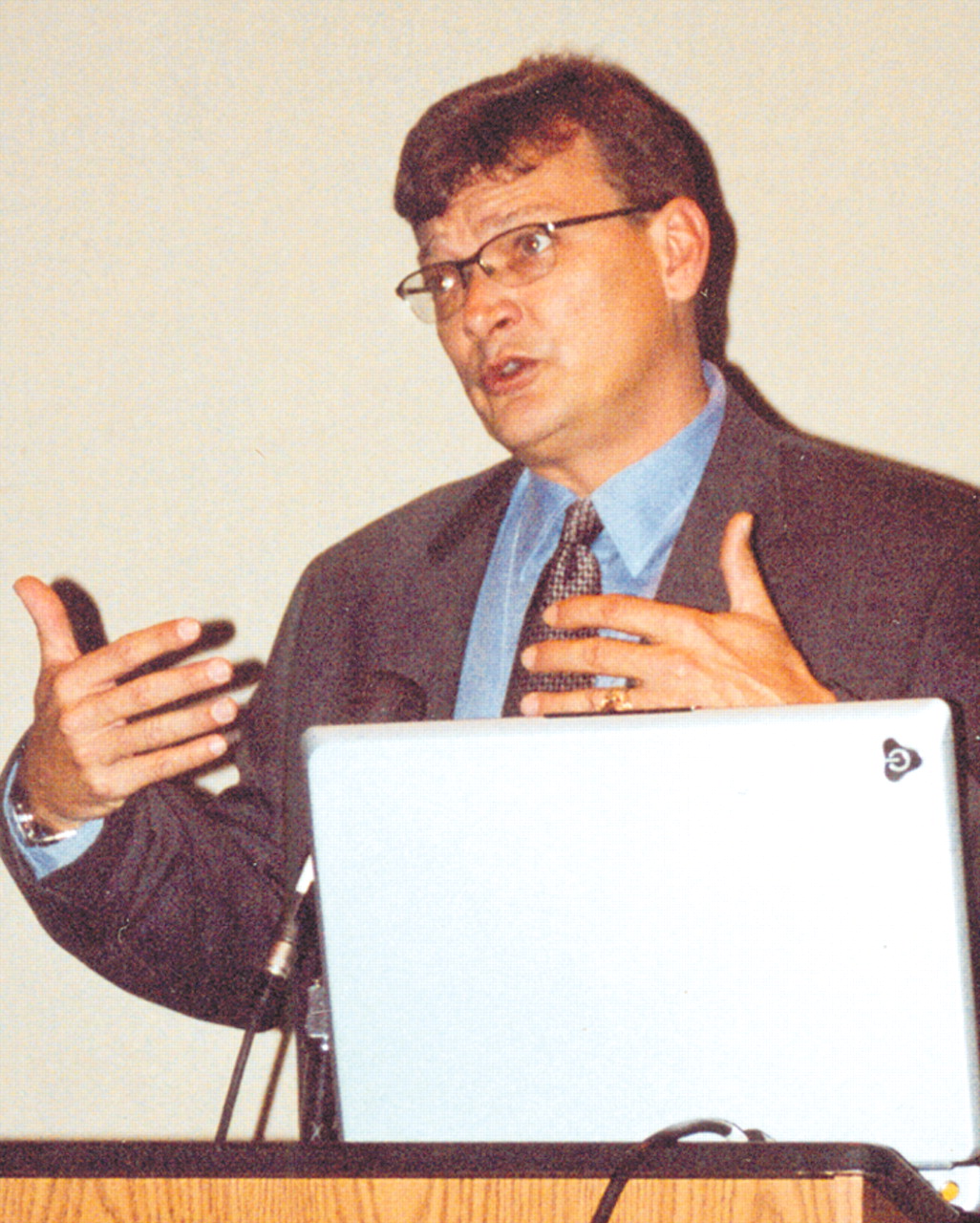Researchers Learning Why Treatment Combo Is Best
Most psychiatrists believe that the combination of medication and psychotherapy is the best option for treating moderate to severe major depression. Studies are beginning to describe how each of those modalities contributes its own benefits and why, when combined, those benefits add up to more than the sum of the two parts.

Michael Thase, M.D.: Psychotherapy “is pragmatic and can be made personality relevant. In general, it works as well as, if not better than, medication.”
“Antidepressant therapy alone has its problems, including a high rate of residual symptoms. Fifty percent of patients on antidepressants don't get better,” said Michael Thase, M.D., at APA's 2004 annual meeting last month in New York City. The medical literature is starting to detail why that is the case, he said. Thase is a professor of psychiatry at the University of Pittsburgh School of Medicine and a leading researcher on the psychopharmacology of mood disorders.
Patients' noncompliance with medications, he emphasized, “is endemic.” And certain skill deficits or traits aren't readily amenable to drug therapy.
In contrast, several recent studies have shown that psychotherapy improves a patient's adherence to medical therapy, can enhance the patient's ability to cope with stressors, and improves social, cognitive, and problem-solving skills.
“You can't treat a depressive temperament, lack of problem-solving skills, cluster C personality disorders, or neuroticism very well with medications,” Thase pointed out. In fact, he added, these issues could be predictors of a patient's poor response to medication therapy alone, as well as demoralization and a lack of a solid psychosocial support system for the patient.
Psychotherapy “is usually time limited, focused, and structured. It is pragmatic and can be made personality relevant,” Thase said.“ In general, it works as well as, if not better than, medication.”
However, psychotherapy does have its limits. It increases short-term treatment expenses, requires patient motivation, and “can often go on for months without any apparent benefit—especially in cases of more severe depression.”
With psychotherapy, Thase added, “you really have poor quality control. Therapy simply varies a great deal from one therapist to another, from one patient to another, and even from one session to another with the same therapist and the same patient. With medications, the variable is always the same.”
Thase stressed that pharmacotherapy and psychotherapy are best done for a particular patient by the same clinician. If therapy must be split, however, it must be done with a clear rationale for both, along with specific and separate goals for both.
“It must be a tailored therapeutic approach where the psychotherapist and the pharmacotherapist act as a team. Both clinicians need to have compatible psycho-education and, with mutual respect, reinforce both sides of the therapeutic regimen.”
Combined medication and psychotherapy, Thase said, ideally improves a patient's adherence to medication therapy, targets residual symptoms, and works to enhance coping, stress-reduction, and problem-solving skills, while strengthening a patient's social network.
New research is beginning to highlight some of the physiological benefits of combined treatment, compared with therapy or medication alone, Thase said. Combined treatment appears to lead to decreased limbic activation, dampens the hypothalamicpituitary axis, and improves glucose utilization in the prefrontal cortex. Sleep is improved, and a patient's hedonic capacity is increased.
“We really don't yet know much about which therapies work best in what particular situation,” Thase concluded, “but studies are showing that there is a high risk/high yield population for combined treatment. For those with severe, recalcitrant depression, and more severe mood disorders other than depression—such as bipolar disorder—a patient's chance of remission may be increased as much as 60 percent.”▪ n



